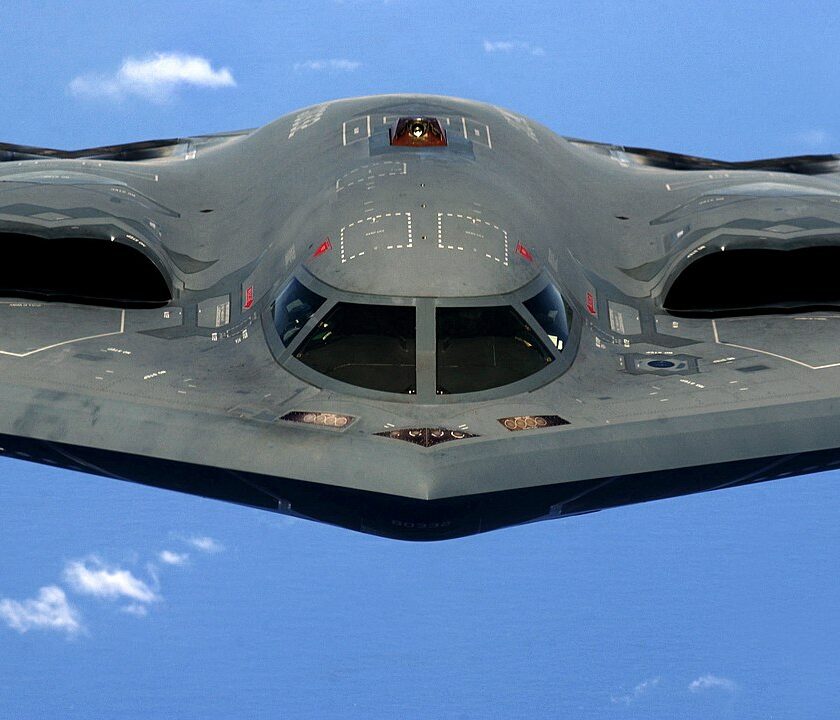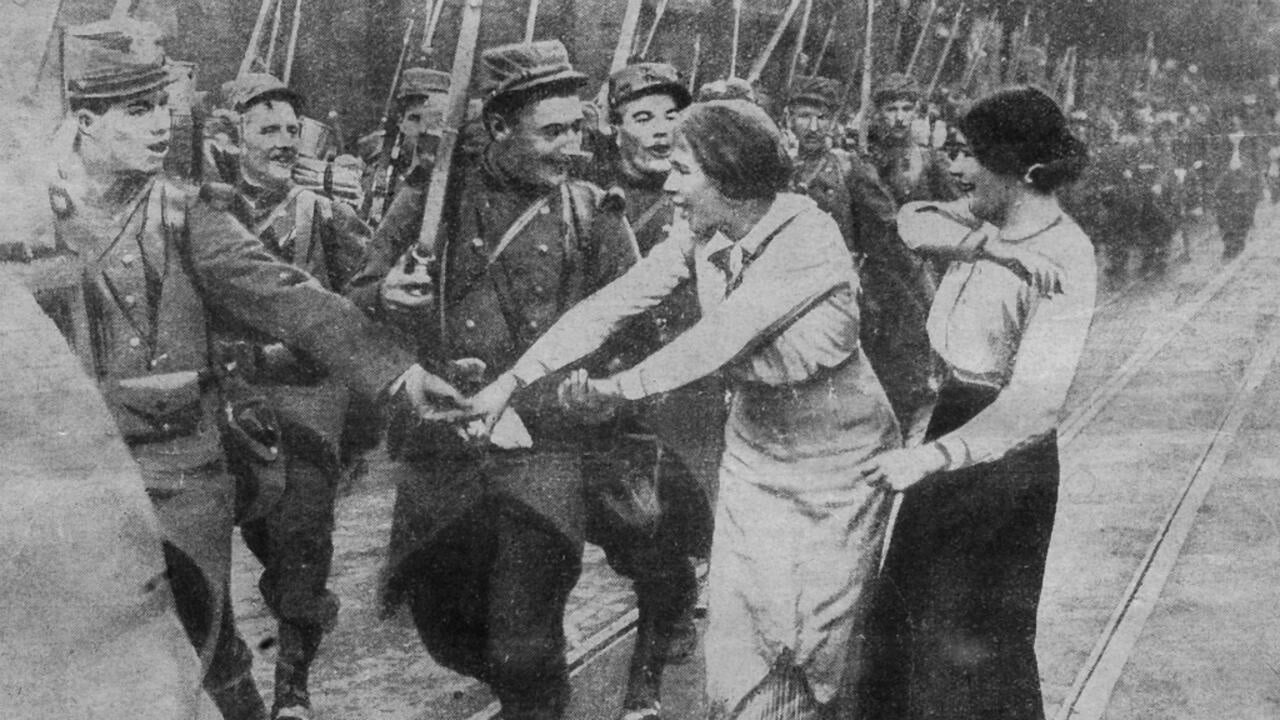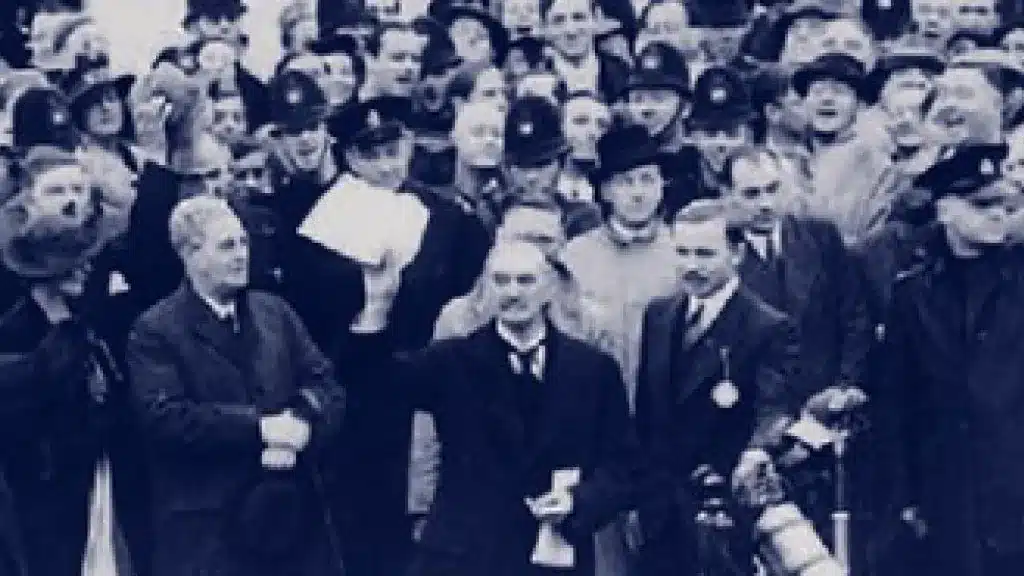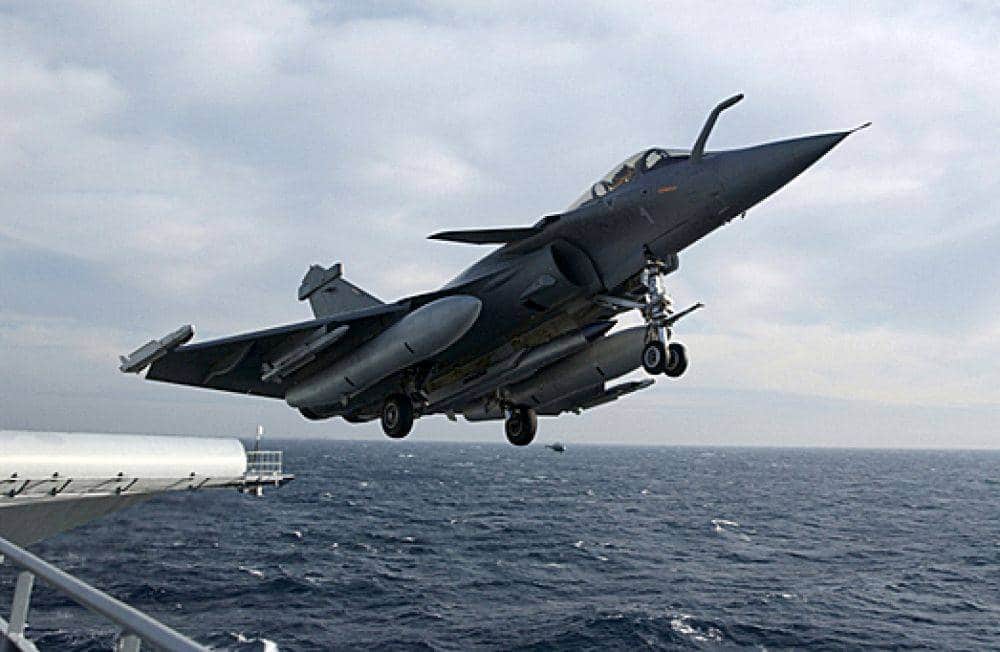The week which ends, this March 1, will have been of unparalleled intensity in the last forty years, concerning the role of Europeans in the global strategic equation, the role of France, in this new European strategic equation, as well as as the role of the armies and French deterrence, to achieve this.
These often complex subjects were addressed in a series of analyzes published on this site this week. At the same time, it appeared that French public opinion, like the country's political class, were particularly divided on this subject.
While some French people remain convinced that it is necessary to respond to the Russian threat in Ukraine and against Europe, through firmness, and that France, but also its deterrence, have a strategic and driving role to play in Europe, to achieve this; another part, on the other hand, firmly opposes these hypotheses, highlighting the risks of extension of the conflict, with, at the end of the day, a possible nuclear apocalypse.
The division of French opinion, although rare on questions like this, revolves around a question that must be treated with objectivity and method: the extension of French deterrence to other countries. Europeans, does it increase, for France, the risks of escalation, and therefore of direct, and potentially nuclear, war with Russia?
In this section:
From Sarajevo to Munich, two historical traumas tear French public opinion apart
If the hypothesis of a potential conflict between NATO and Russia is more and more openly raised by Western officials, including the Americans and the British, public opinion, such as the political class, in Europe and in the United States, are often divided on this subject.

However, few countries are exposed to such a radical divide within their public opinions as is France. Whether on the subject of the support provided by France to Ukraine, France's posture vis-à-vis Russia, and above all the possibility, for France, of extending its deterrent perimeter beyond of its borders, in order to protect its European partners from NATO and the European Union, two camps are firmly opposed, both within public opinion and the political class of the country.
Sarajevo, the game of alliances and the First World War
It must be said that around these questions, two profound historical and cultural traumas are at work in France. The first was none other than the assassination of Archduke Franz Ferdinand in Sarajevo, on June 28, 1914, by a Serbian nationalist, which led Europe, and particularly France, into the First World War and its million and a half French soldiers killed in combat.
The responsibility of alliance game in this more than painful episode in French history, although very questionable, was deeply anchored in the French collective unconscious.
This is also where we must find, in part, the origin of the famous phrase “not to die for Danzig”, constantly repeated before the Second World War, and of the lack of emphasis in the French military actions against Germany during the Phoney War, when the German armies were most vulnerable.

Today, this trauma is found in the phrase “Don't die for Tallinn”, repeated by several French public and political figures over the past few days.
According to them, if France took the responsibility of protecting, through its deterrence, the European countries, and more specifically the Baltic countries, this would lead, through the game of alliances, to a considerable increase in seeing the country dragged into a nuclear conflict with the Russia.
Munich, the Franco-British compromise and the Second World War
At the other end of the spectrum, there are supporters of a strong and voluntary posture by France, in Europe and Ukraine, against Russia, including by extending the protection perimeter of French deterrence to allied countries. and European partners who so wish.
These too are based on a historical trauma, in this case, the French and British renunciation in the face of Nazi Germany, on September 29 and 30, 1938, in Munich.
It was on this date, in fact, that the President of the French Council, Édouard Daladier, and his ally, the British Prime Minister Neville Chamberlain, signed an agreement with Adolf Hitler and Benito Mussolini, ceding Czechoslovakia to Germany, in exchange for a guarantee of lasting peace, promised by German and Italian leaders.


75% of this article remains to read,
Subscribe to access it!
The Classic subscriptions provide access to
articles in their full version, and without advertising,
from 6,90 €.
Newsletter subscription
Register for the Meta-Defense Newsletter to receive the
latest fashion articles daily or weekly


Excellent analysis to which we can add trade to the tune of 870 billion Euros, which the USA could hardly replace in the event of a general conflict in Europe and therefore a slowdown in the economy, we can add a rebalancing of European military spending towards intra-EU orders
this is a typing error in the pseudo doc 691c JC JAMOT
We must take into account that France has spent around 5 billion euros/year over the last 20 years just to maintain its deterrence, so without wanting to draw a parallel with Trump's allegations, it is a bit easy for the countries of the EU, to wait for a protectorate whether American or French without spending a penny.
After being invaded by our neighbor in 1870, 1914 and 1940, we collectively decided to pay billions over decades to equip ourselves with a credible deterrent force to prevent such mishaps from happening again. And should it be put at the service of Poles who order American, Korean and Israeli weapons?
And even if the Poles (or other countries) bought weapons from us on a massive scale, deterrence would remain an insurance policy that only protects those who hold it and no one else.